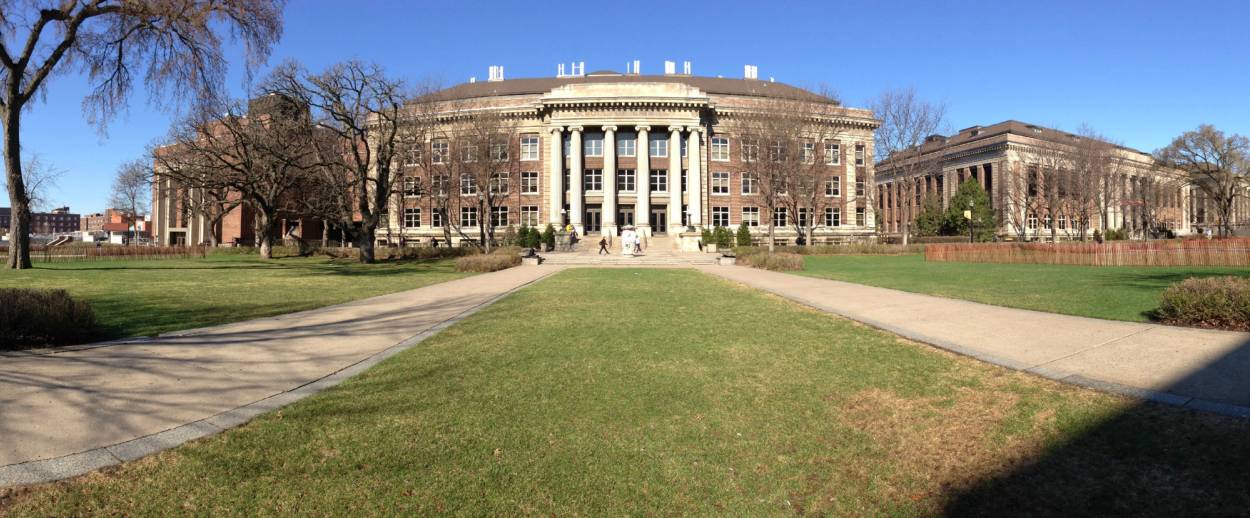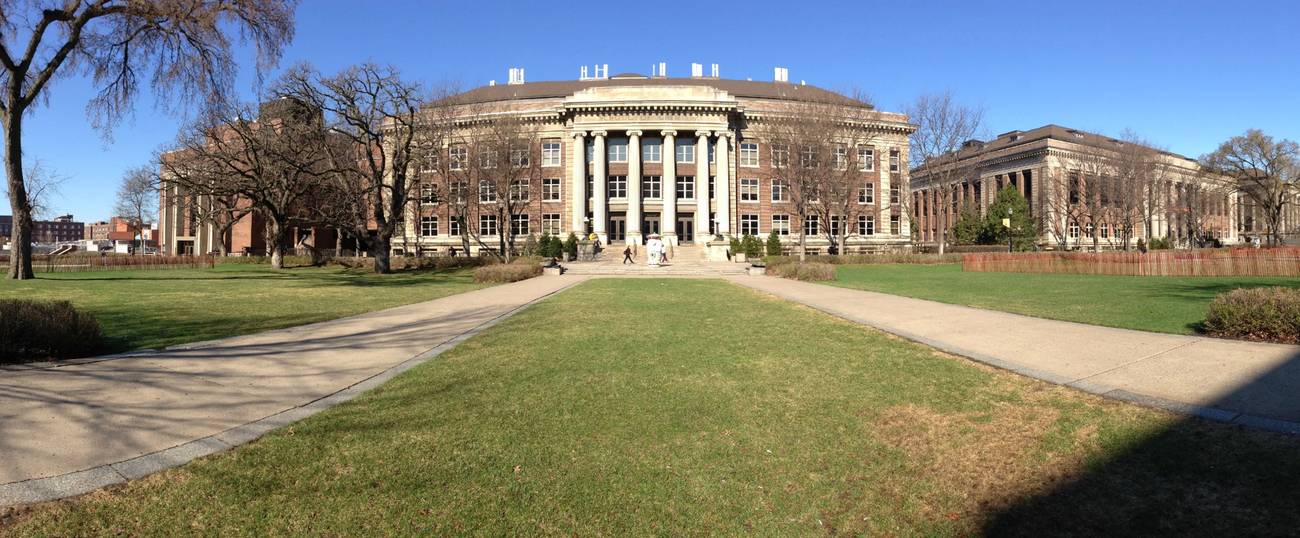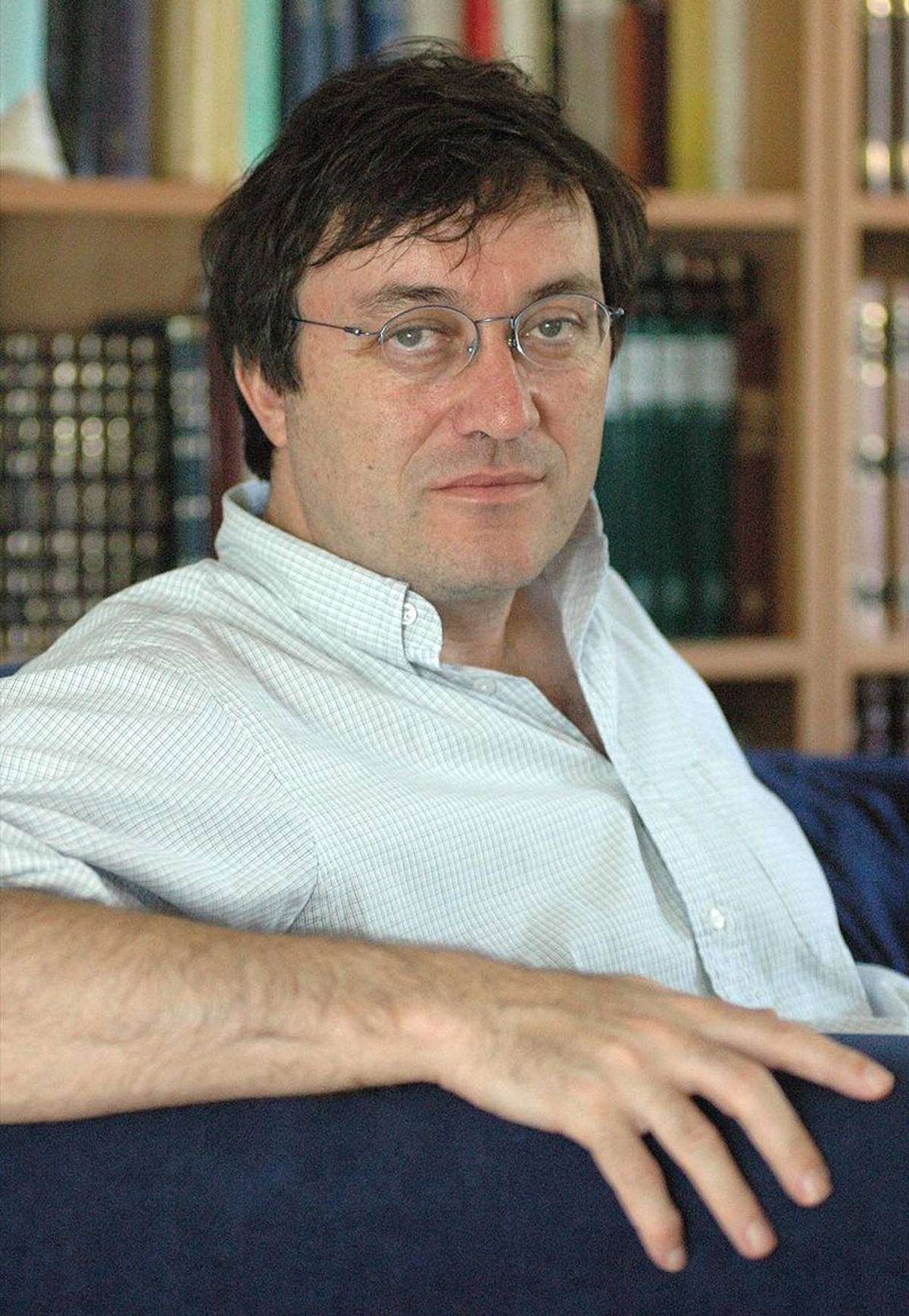Moshe Halbertal Must Be Heard
Demand that the University of Minnesota enforce its own rules against the bigots who shouted down a renowned Israeli ethicist. It will help save lives.




On Tuesday afternoon, professor Moshe Halbertal of the Hebrew University and NYU took the podium in a lecture hall at the law school of the University of Minnesota in Minneapolis. The title of his lecture was “Protecting Civilians: Moral Challenges of Asymmetric Warfare”; like all of Halbertal’s work, it, too, was a thoughtful and empathic plea to err on the side of protecting the innocent, even if that meant greatly increased risk for oneself.

Halberthal is one of the most subtle and widely respected ethicists in the world, whose insistence on the strict application of ethical principles even in combat situations has probably saved hundreds of lives—in Gaza, the West Bank, and Lebanon. That the lives Halberthal has saved belonged to Arabs, some of whom were bent on killing Israeli civilians and soldiers, might not make him especially popular in some circles in Israel, but for the rest of us, it marks him as a brilliant scholar who is an even more rare and valuable human being. But the barbarians who situated themselves in the room and disrupted Halbertal’s speech cared very little about who he is or the lives he has saved. Their sole concern was to ensure that no one would be able to hear what he had to say.
As soon as Halbertal took the stage, about two dozen pro-Palestinian protesters stood up and shouted bon mots like “baby killer,” accusing the scholar, whose lecture they didn’t bother to actually hear, of being a “war crimes apologist.” The protesters were escorted out of the building by campus police, shouting all the while that their freedom of speech was being compromised. Outside the hall, they and their colleagues continued to scream so loudly that the lecture had to be delayed for almost an hour.
Luckily, the University of Minnesota’s Board of Regents has strict policies in place against precisely such conduct. Section VI, Subdivision 16 of the board’s binding Student Conduct Code cautions against disruptive behavior:
Disruptive behavior means willfully disrupting University events; participating in a campus demonstration that disrupts the normal operations of the University and infringes on the rights of other individuals; leading or inciting others to disrupt scheduled or normal activities of the University; engaging in intentional obstruction that interferes with freedom of movement, either pedestrian or vehicular, on campus; using sound amplification equipment on campus without authorization; or making or causing noise, regardless of the means, that disturbs authorized University activities or functions.
Following this is a long list of potential sanctions, ranging from suspension to expulsion.
There can be little doubt that the attempt to keep Halbertal from speaking constitutes disruptive behavior under the University of Minnesota’s own regulations. Nor is there any question that the disruption of Halbertal’s speech was a premeditated event that was proudly organized or endorsed by a host of registered student groups, including the local chapter of Students for Justice in Palestine. The question now is whether or not the University of Minnesota will choose to enforce its own rules against the individuals and organizations that disrupted Halbertal’s speech, and if so, how strongly.
Because the university is a public institution paid for with taxpayers’ money, and because the assault on Halbertal occurred solely because he was an Israeli Jew—in his lecture, he did not mention the Israeli-Palestinian conflict except in passing, and was therefore not targeted for any other reason save for being himself—the university’s response must be swift and decisive. A request for comment from the university’s press office went unanswered, but if you wish to express your strong belief that bigoted attacks on Jews and assaults on the principles of free speech and inquiry that underlie our university system should not be tolerated, you can find a list of all the university’s regents, and their email addresses, here.
Liel Leibovitz is editor-at-large for Tablet Magazine and a host of its weekly culture podcast Unorthodox and daily Talmud podcast Take One. He is the editor of Zionism: The Tablet Guide.